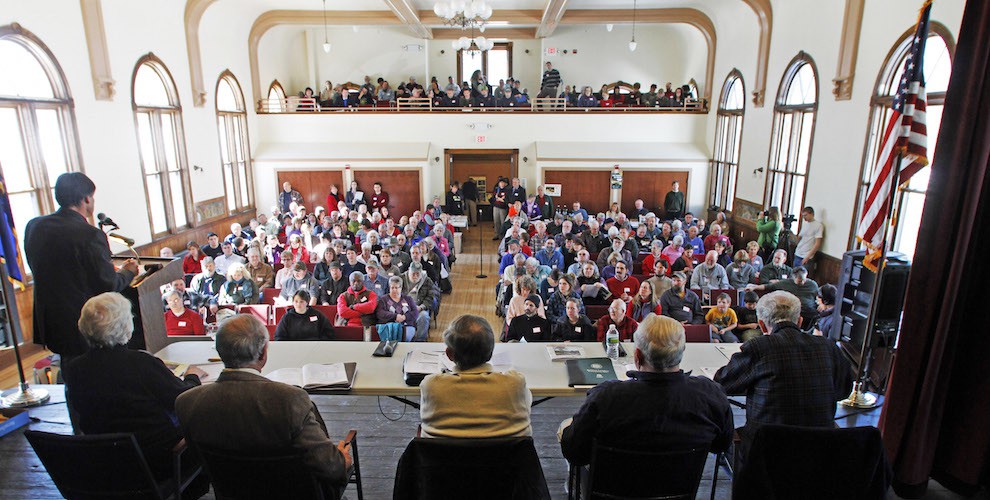The new federal spending bill signed by President Trump on December 20 contains some provisions of importance to community foundations. And, as usual, it may be some time before we have a clear understanding of just what the new laws mean.
First, as part of legislation referred to as the Setting Every Community Up for Retirement Enhancement (SECURE) Act, the minimum age at which an IRA account holder must begin taking annual distributions will increase. This might also increase the age at which a donor is eligible to take a Qualified Charitable Distribution (QCD).
Previously, the owner of an IRA was required to begin taking a RMD in the year in which they turned age 70 ½. Effective January 1, 2020, the RMD age increases to age 72. This also might mean that those IRA account holders are not eligible for the QCD until the year in which they reach age 72 — at this early date after the passage of the legislation, the answer is not yet clear.
Also complicating the picture is a new provision that allows a taxpayer to continue to make deposits into their IRA after the age of 70 1/2. Some commentators have indicated that any amount deposited into an IRA after the age of 70 1/2 will reduce the maximum amount available for a QCD.
As the potential recipient of a QCD, a community foundation is not required to enforce the age 72 (or age 70 1/2?) rule – that is the responsibility of the investment manager that holds the assets. You should, however, review your marketing materials to make sure they reflect the elements of the new legislation.
The SECURE legislation also brings a significant change to many estate plans. Previously, a non-spouse who inherits an IRA could use a technique known as a “Stretch” IRA, which allowed the IRA recipient to defer taxes over many years. Now (with a few exceptions), an inherited IRA must be fully disbursed within ten years. For some donors, this will make it more attractive to give an IRA to charity, rather than to a non-spouse beneficiary.
Another provision in the new law relates to the repeal of Internal Revenue Code Section 512(a)(7), which taxed certain qualified transportation fringe benefits offered by charities. This section of the Tax Cuts and Jobs Act of 2017 imposed unrelated business income (UBI) taxes on some nonprofit organizations that provided free parking to their employees.
The repeal of IRC Section 512(a)(7) is effective December 31, 2017 – which means the tax will be treated as though it was never enacted. Nonprofit organizations that paid this tax using Form 990-T will be entitled to refunds of taxes paid for 2018 and estimates for 2019.
Your community foundation – and the charities in your community that you serve – may have paid taxes under this law. You may wish to communicate to them that a refund of taxes paid may be possible.
